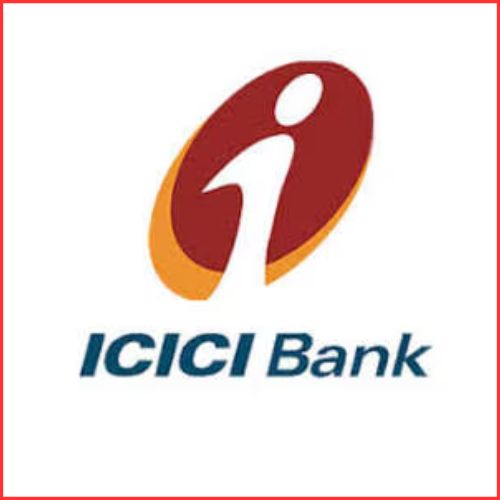India Live, Budget 2022 Live updates on Nirmala Sitharaman’s speech: Finance Minister Nirmala Sitharaman stated at a press conference after delivering the Union Budget that she made a conscious decision not to raise taxes because of the hardship that people have been experiencing as a result of the pandemic.
Live Budget 2022 Updates: Prime Minister Narendra Modi praised the 2022 Union Budget as “people-friendly” and “progressive,” saying it gives India’s development trajectory new energy and power, especially at a time when the country is fighting the pandemic. “This Budget will increase infrastructure, investment, development, and job creation,” he stated. The Prime Minister stated that the Indian youth regard this Budget as one that will help them achieve their goals and that the emphasis on futuristic technologies in all areas is notable and will benefit a wide range of our population. PM Modi, on the other hand, stated that he will discuss the Budget in further depth tomorrow.
Finance Minister Nirmala Sitharaman stated at a press conference after delivering the Union Budget that she made a conscious decision not to raise taxes because of the hardship that people have been experiencing as a result of the pandemic. During her presentation of the Union Budget, Sitharaman stated that the country will expand at a rate of 9.27 percent in the coming year. The Budget, which focuses on four pillars of development — inclusive development, productivity enhancement, energy transition, and climate action — provides a blueprint for India’s economy from 75 to 100, according to Sitharaman.
In 2022-23, the Budget expects the Central government’s effective capital spending to be Rs 10.68 lakh crore or around 4.1 percent of GDP. The Finance Minister announced that the GST collections for the month of January 2022 were Rs 1,40,986 crore, the highest since the tax was introduced in 2017. In a major push for digital currency, Sitharaman announced that the RBI will issue digital rupees using blockchain technology beginning in 2022-23. According to the Finance Minister, this will provide a significant boost to the economy. She also stated that any revenue derived from the transfer of a virtual digital asset will be taxed at a rate of 30%.
The Budget is being presented at a time when India’s unemployment rate is at an all-time low. In India, historic unemployment and faltering growth not only increased income and wealth disparities but also resulted in an increase in the absolute number of impoverished people – an unprecedented and humiliating reversal in poverty alleviation. There was a lot of dispute about the government’s strategy in the years preceding up to the Covid-led technical recession.
The Economic Survey, which was released only one day before Sitharaman is set to present the Union Budget for 2022-23, emphasized the need for the government to offer a buffer against pressures such as global uncertainty, the cycle of liquidity withdrawal by major central banks, and so on.
According to the survey, demand measures alone will not suffice in the government’s efforts to develop a post-Covid economy. This is due to the fact that a wide range of factors such as consumer behavior, technological developments, geopolitics, supply chains, and climate change could interact in unpredictable ways, and India will need to develop a supply-side strategy to deal with the post-Covid world’s long-term unpredictability.
Last year, the government decided to establish an asset reconstruction firm to take over banks’ bad debts, allowing them to finance the economic recovery. This idea to create a “bad bank” was approved just days before the Union Budget 2022-23. The proposed ‘bad bank,’ according to State Bank of India Chairman Dinesh Khara, has “now” secured all essential permits, including from the Reserve Bank of India. He said the company is ready to start operations, with 15 cases totaling Rs 50,335 crore to be transferred by March 31.















